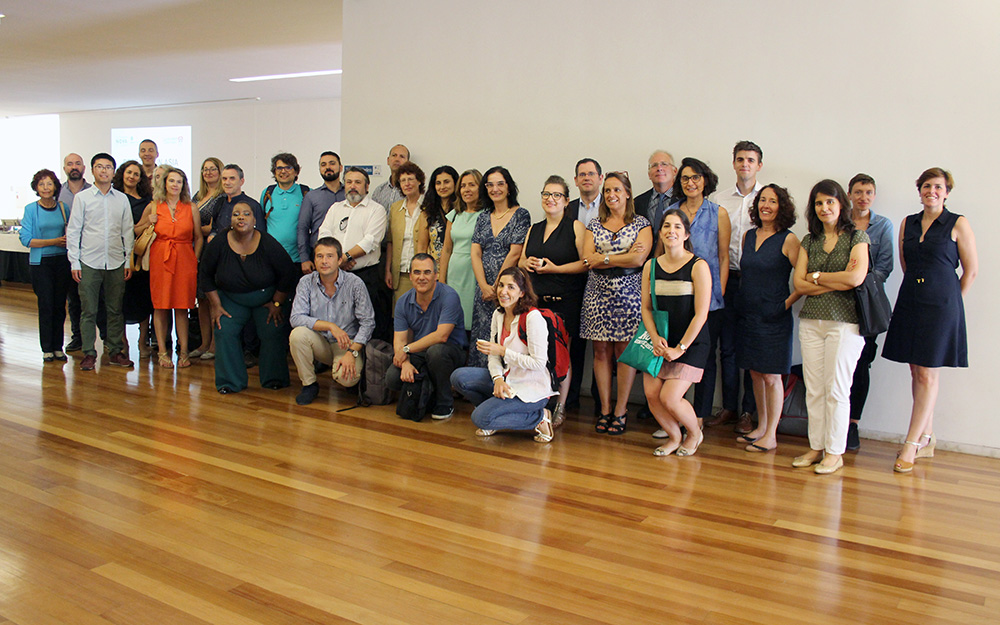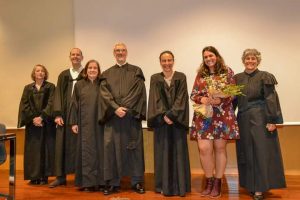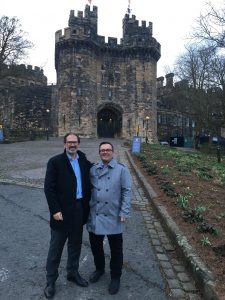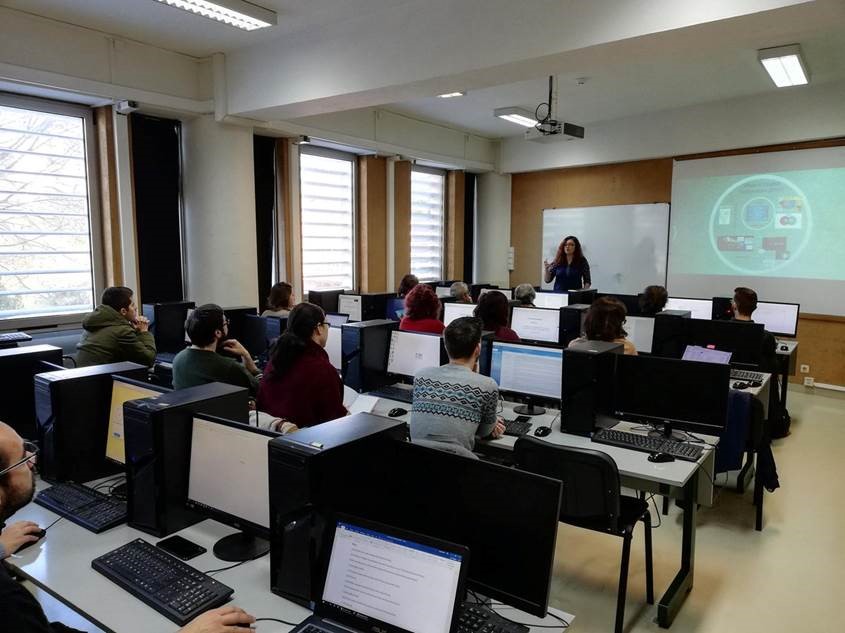
Research in Asia delegation
A delegation from Lancaster University traveled to NOVA University Lisbon last month to meet with their counterparts and discuss shared research interests in Asia.
The delegation participated in the ‘Research in Asia’ event organized by NOVA University in Lisbon. The delegation included academics from Lancaster’s Faculties of Arts and Social Sciences, Science and Technology, Health and Medicine, the Management School, and Lancaster University Confucius Institute.
The following is taken from NOVA University’s website:
On July 23, NOVA University Lisbon organized the conference “Research in Asia”, in partnership with the Lancaster University. The conference, promoted by the NOVA In the Globe initiative, will bring together researchers from Lancaster and NOVA, from different research fields and schools, who conduct applied research focused in Asia.
Research in Asia fostered collaborations between researchers from different scientific backgrounds, enabling them to share knowledge and collaborate on large-scale research projects with ties to Asia. The event featured a session on NOVA’s capacity-building projects in Asia and two-panel discussions, “Research-driven innovation: Challenges and opportunities” and “Cultural heritage and scientific diplomacy” with both external speakers and leading researchers from NOVA and Lancaster University.
In addition to the researchers from NOVA and Lancaster, the event was attended by the Vice-Rector of NOVA, Professor Elvira Fortunato, by the President of the Portuguese-Chinese Chamber of Commerce & Industry, João Marques da Cruz, by the President of the Camões – Institute for Cooperation and Language, Ambassador Luís Faro Ramos, by the Oriente Foundation and by Professor Robert Geyer from Lancaster University.
The full article and event photos can be found here.
The three groups identified the following areas of collaboration: ‘Sustainable solutions for rice straw’; ‘Maritime cities – past, present and future’; and, ‘Emergent compounds and genetic markers presence in urban wastewater and their impact on organisms’ resistance’.
Lancaster University and NOVA University Lisbon established a strategic partnership in June 2018. The purpose of the partnership is to explore opportunities for collaborative research, joint teaching initiatives and strategic knowledge exchange including internationalisation, staff development and student recruitment.
This is the forth Lancaster University delegation visit to Lisbon since the signature of the Memorandum of Understanding.



